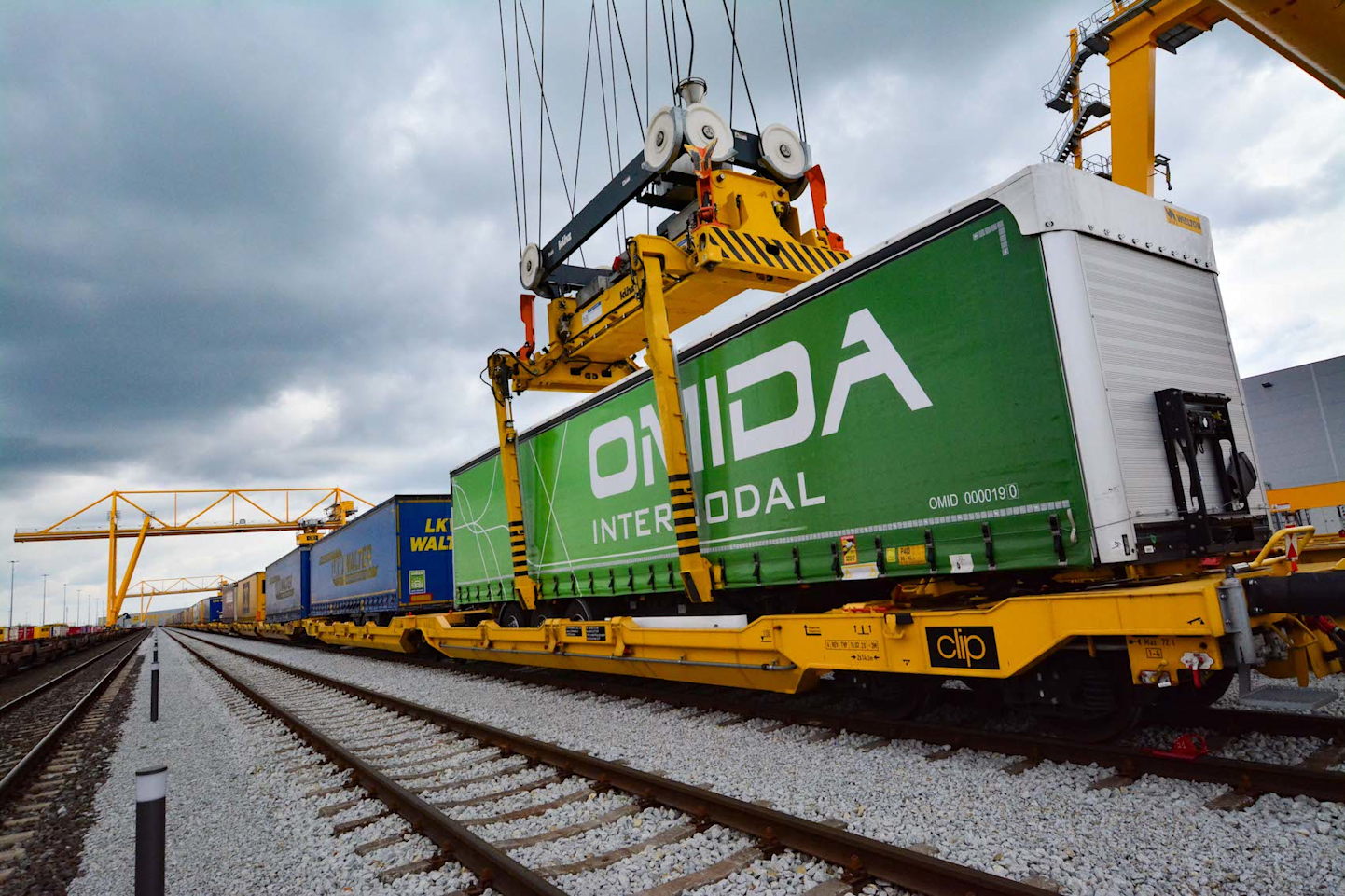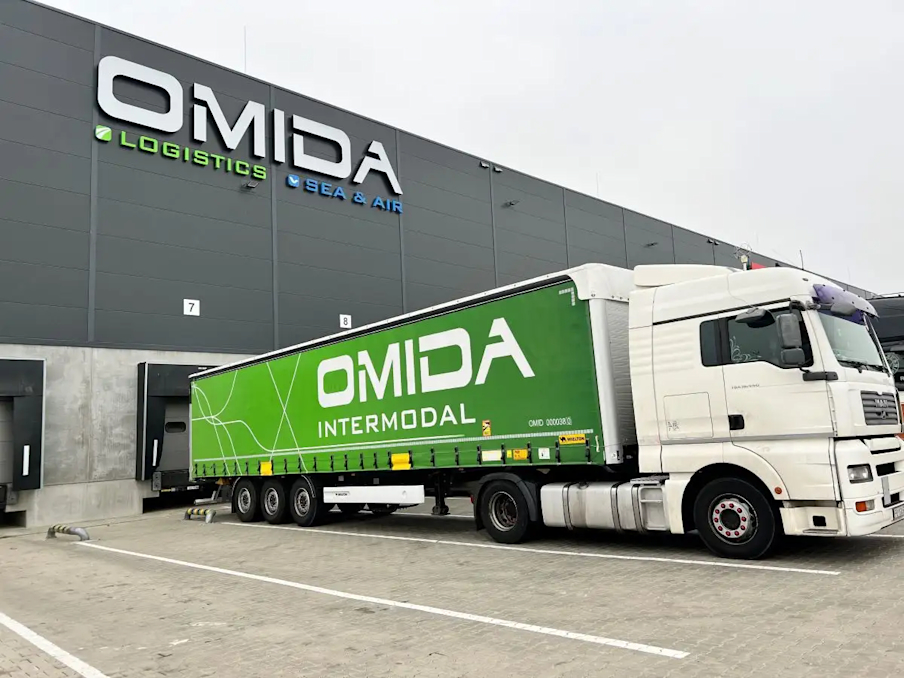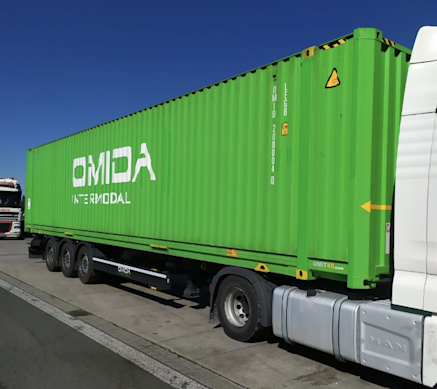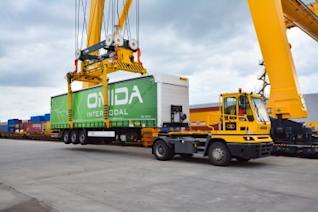Intermodal transport makes it possible to create modern transport chains that combine at least two modes of transport into one system. Intermodal transport statistics help illustrate how this method of transport has changed over the years.
Summary of intermodal transport in numbers according to GUS for 2021
The concept of intermodal transport is based on nodes, which are points of contact between different modes of transport involved in the movement of goods without changing the cargo unit. The greater the number of nodes (land and land-sea terminals), the easier it is to access the network of connections offering cargo handling. From GUS data, 39 active intermodal terminals for transshipment were located in Poland in 2021, of which:
4 handled sea-rail, sea-road shipments (marine terminals), 35 handled rail-to-road shipments (land terminals). Other data such as the distribution of intermodal terminals, transshipment facilities at the terminals, as well as the structure of cargo in containers transported to/from intermodal terminals by cargo groups can be found in a report created by the GUS, which is available on the GUS's official transport-related website.

Ecology in transport
Ecology in transport is a concept that, like intermodal transport, is becoming increasingly important in the TFL industry. There are several concepts that, when properly introduced and applied, can help reduce CO2 emissions and thus have a positive impact on air quality and the environment. Road transport is striving to implement modern technologies that will allow more efficient scheduling of freight delivery, which will significantly reduce the number of trips. Considering the aspects aiming to reduce CO2 emissions, it will certainly prove innovative to upgrade the transport fleet. We are talking about the purchase of suitable vehicles that will be equipped with platinum catalytic converters, as well as engines that consume significantly less fuel. At this point, it is worth mentioning that some countries are already introducing modern delivery vehicles. Sweden has opted for autonomous Volvo Vera vehicles, which we wrote about on the Poland-Sweden transport page. Thanks to its environmentally friendly measures, OMIDA Group has become a winner of the 2022 Economic Griffin.
The transport industry faces important decisions in the direction of further development. In order to reduce emissions into the biosphere, the use of fuel-powered vehicles should be reduced and the entire branch of delivery vehicles should be modernized. The intermodal transport sector, which has a direct impact on ecology, should also expand. After all, intermodal transport makes it possible to reduce emissions of harmful substances to our health and the planet by up to 60%.



